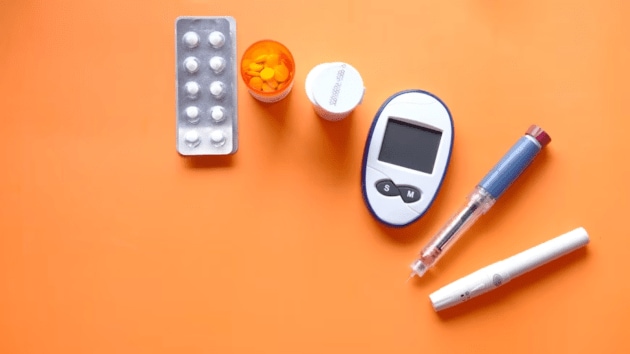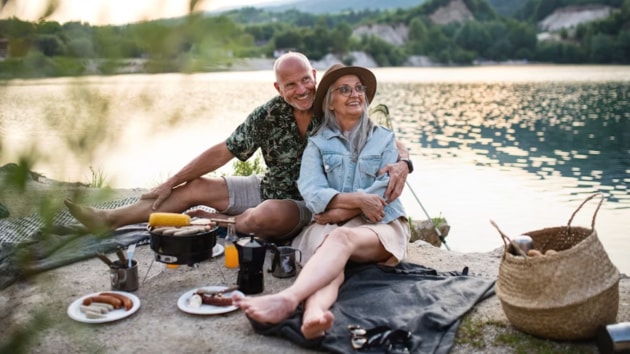World Immunisation Day: Why vaccines work for some and not for others
Today is world immunisation day and here's everything you need to know as to why vaccines work for some and why they might not be as affective for others.
November 10, 2025 13:02 IST 1 / 7
1 / 7Every year on World Immunisation Day (November 10), the spotlight shines on one of medicine’s greatest achievements, vaccines. So why do vaccines protect some people more effectively than others? Here’s what determines how well vaccines work for different people. (Source: Photo by Unsplash )
 2 / 7
2 / 7Genetics: Your genes influence how your immune system reacts to a vaccine. Some people naturally produce stronger immune responses due to genetic variations that affect antibody production. (Source: Photo by Unsplash )
 3 / 7
3 / 7Age affects Immunity: Infants, older adults, and people with weaker immune systems may respond differently to vaccines. As we age, our immune response tends to weaken, which can make vaccines less effective over time. (Source: Photo by Unsplash )
 4 / 7
4 / 7Existing health Conditions can Interfere: People with chronic illnesses like diabetes, autoimmune diseases, or those undergoing treatments such as chemotherapy may have a reduced immune response to vaccines. (Source: Photo by Unsplash )
 5 / 7
5 / 7Timing and Types of Vaccine Count: Some vaccines require multiple doses or boosters for lasting protection. How and when you get vaccinated, and whether the vaccine is live or inactivated, affects how well it works. (Source: Photo by Unsplash )
 6 / 7
6 / 7Environmental and Microbiome Factors: Research shows your gut bacteria and even local environmental exposure can influence how your body reacts to vaccines, making the immune response highly individual. (Source: Photo by Unsplash )
 7 / 7
7 / 7Lifestyle and Nutrition Matter: Good nutrition, regular exercise, and adequate sleep boost immunity, while stress, smoking, and poor diet can dampen the body’s vaccine response. (Source: Photo by Unsplash )











